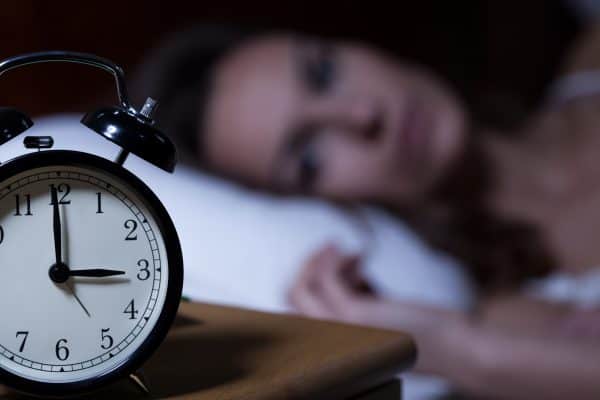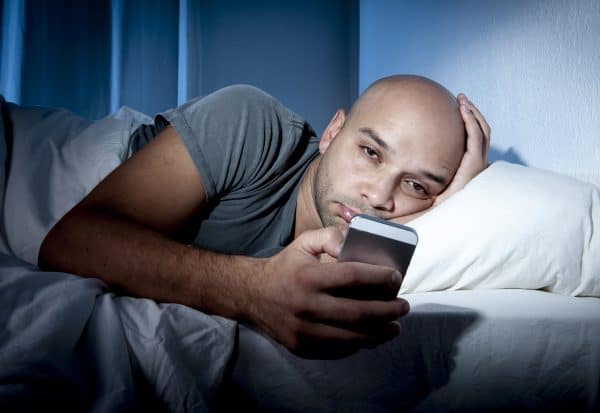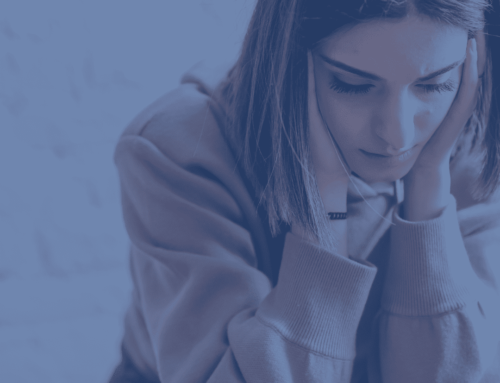Are You Having Trouble Sleeping During Covid-19?
You Are Not Alone.

Most adults need between 7 and 9 hours of sleep each night to feel rested, energized, fight off infection and disease, and to function optimally the next day. But during COVID-19 and quarantine, many more people are having trouble falling asleep or staying asleep.
Before COVID-19, an estimated 60 million people in the US were suffering from various degrees of insomnia ranging from short term to chronic. It will be some time before we know how the Corona Virus has impacted the number of people suffering from sleep problems, especially those suffering from acute insomnia, which is defined as usually lasting for a few months, and is commonly related to a known cause.
In many cases, people with sleep problems during COVID-19 indicate that the news coverage of the pandemic directly contributes to their stress and sleep problems, along with adjusting to the changes that have impacted their lifestyles. Money worries obviously can contribute as well. Many people who are able are now working from home, and this change in their lives has often made the work and home life balance hard to maintain. These stressors are only a few that can impact habits that promote good sleep.
10 Tips To Try If You Are Struggling with Insomnia

Avoid watching tv or scrolling on your smartphone while in bed. This helps to create a mental and physical separation between your waking hours and time intended for rest.
If your usual sleeping pattern has been disrupted due to changes in your lifestyle, consider returning to the pattern. If you were an early riser, getting back to that can help establish a mental and physical “return to normalcy” even as we adapt in other ways to what our “new normal” is for now. It may be smart to ease back into your old sleeping patterns in 15-minute increments closer each night until you are adjusted once again to your ideal sleep pattern.
Disconnect and unplug from your electronic screens for at least 45 minutes before going to bed to give your mind a break from the stimulation from these and to mentally transition into a calmer state before sleep. You might even consider charging your cellphone overnight in a room other than your bedroom.
Make your bedroom a sanctuary from the rest of your house that is intended for sleep. This can be especially helpful in homes that are busy, filled with family, or in which you work. Declutter your bedroom to promote a calm atmosphere.
Making sure your bedroom is cool and as dark as possible can help promote sleep.
If noises easily wake you or keep you awake at night, consider purchasing a white noise machine to help mask out sounds and keep you asleep.
If you are finding yourself staying more sedentary while at home, try to get 30 minutes of cardio movement, even just walking, each day. This promotes using energy that otherwise might not get spent during the day and can promote sleep. It’s important that this happens at the very latest 45 minutes before bed, to allow your body to return to its normal temperature and your breathing to return to normal.
Avoid caffeine for at least 3 to 4 hours before going to bed, so that it is out of your system.
Don’t eat for an hour before going to bed, as digesting food can make it harder to go to sleep. Avoid spicy foods at night that could possibly cause indigestion.
Limit your intake of alcohol, as this can affect the quality of your sleep.
If you feel you may need advanced help with your sleep problem, or would like to discuss underlying issues that may be affecting your sleep, we invite you to call American Behavioral Clinics today for a free phone consultation:
(414) 877-4570
Existing Patients and New Patients, Call us to schedule an appointment, get a prescription refill or just to ask a question:
New Patients ONLY - Want to contact us through a form? CLICK HERE to fill out our contact form.





